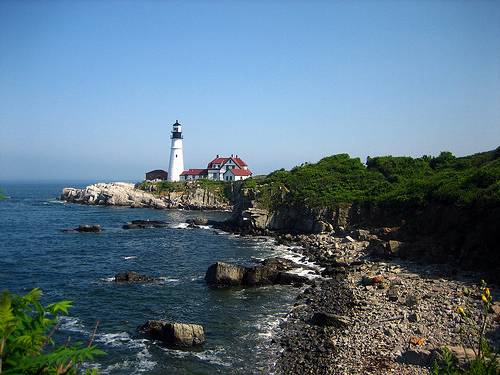In Gulliver’s Travels, Jonathan Swift describes two fictional moons of Mars:
They [the Laputan astronomers] have likewise discovered two lesser stars, or ‘satellites,’ which revolve about Mars, whereof the innermost is distant from the centre of the primary planet exactly three of his diameters, and the outermost five; the former revolves in the space of ten hours, and the latter in twenty-one and a half; so that the squares of their periodical times are very near in the same proportion with the cubes of their distance from the centre of Mars, which evidently shows them to be governed by the same law of gravitation, that influences the other heavenly bodies …
That was in 1726. A century and a half later, two Martian moons were discovered. Phobos and Deimos were in fact about 1.4 and 3.5 diameters from Mars’ center, and they revolved in 7.7 and 30.3 hours, respectively. Voltaire had made a similarly prescient guess in his romance Micromegas of 1752.
Fittingly, two craters on Deimos have been named Swift and Voltaire.




